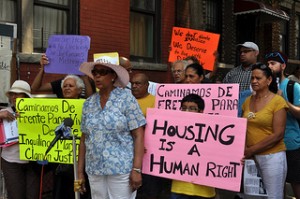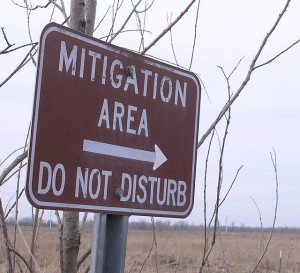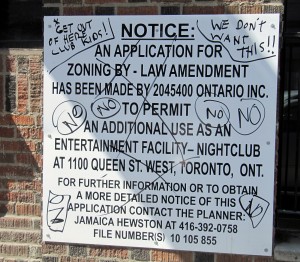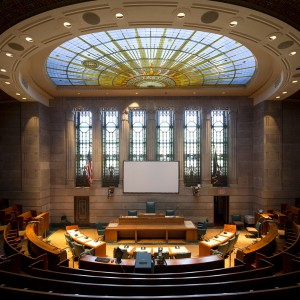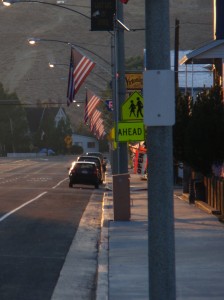Ninth Circuit: City Not Entitled to Summary Judgment on Housing Discrimination Claims
The Ninth Circuit issued its decision Friday in Pacific Shores Properties, LLC v. City of Newport Beach, No. 11-55460. In the case, plaintiffs alleged that a City ordinance violated the Fair Housing Act, the Americans with Disabilities Act, the California Fair Employment and Housing Act, and the Equal Protection Clause because the ordinance had the practical effect of prohibiting new group homes for recovering alcoholics and drug users from opening in most residential districts. Although the district court had granted summary judgment for the City, the Ninth...




